 Capitol Construction
Capitol Construction
Entry Category: Government and Politics
 Capitol Construction
Capitol Construction
 Capitol Interior
Capitol Interior
Capitol Zoning District Commission
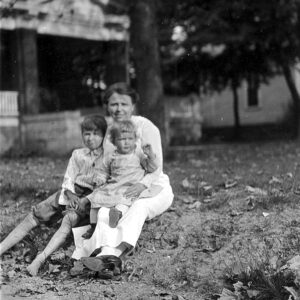 Caraway and Kids
Caraway and Kids
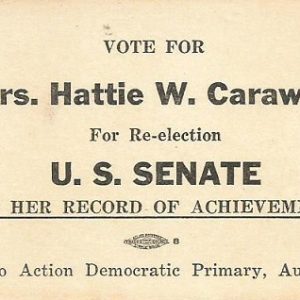 Hattie Caraway Card
Hattie Caraway Card
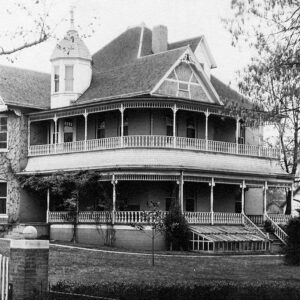 Caraway Home
Caraway Home
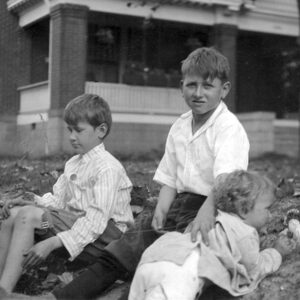 Caraway Sons
Caraway Sons
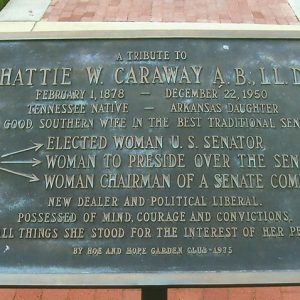 Caraway Tribute
Caraway Tribute
Caraway, Hattie
Caraway, Thaddeus Horatius
Carnes, Gressie Umsted
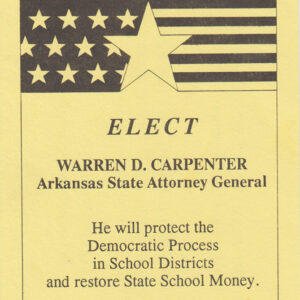 Carpenter Campaign Letter
Carpenter Campaign Letter
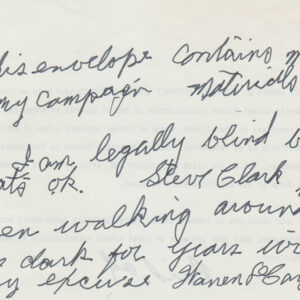 Carpenter Campaign Note
Carpenter Campaign Note
Carpenter, Warren Durkee
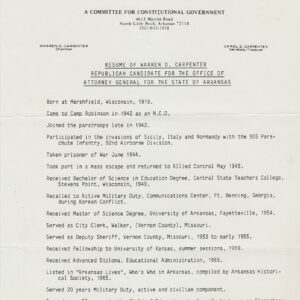 Warren Carpenter Resume
Warren Carpenter Resume
Carpetbaggers and Scalawags
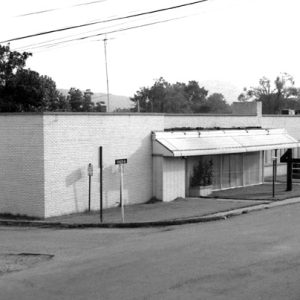 Carroll County Courthouse
Carroll County Courthouse
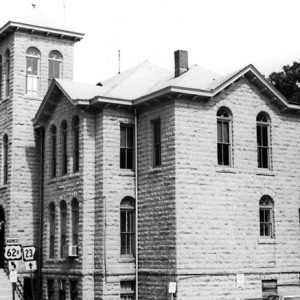 Carroll County Courthouse, Western District
Carroll County Courthouse, Western District
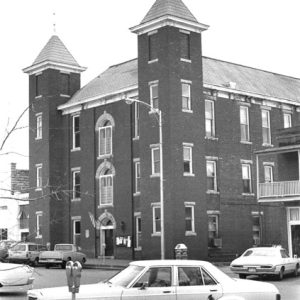 Old Carroll County Courthouse
Old Carroll County Courthouse
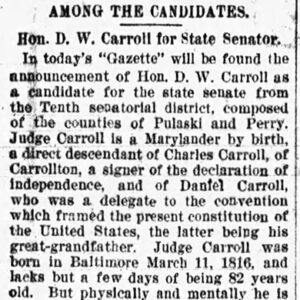 Carroll Endorsement Article
Carroll Endorsement Article
Carroll, David Williamson
Carter-Perry, June
Carter, Ben E.
Carter, Vertie Lee Glasgow
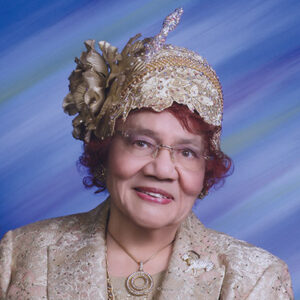 Vertie Carter
Vertie Carter
Casqui
Cate, William Henderson
Catterson, Robert Francis
Cazort, William Lee
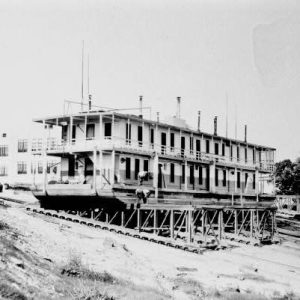 CCC Boat Construction at St. Charles
CCC Boat Construction at St. Charles
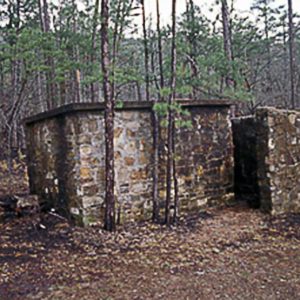 CCC Company 3767 Powder Magazine
CCC Company 3767 Powder Magazine
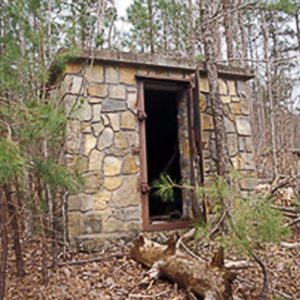 CCC Company 741 Powder Magazine
CCC Company 741 Powder Magazine
CCC Company 741 Powder Magazine Historic District
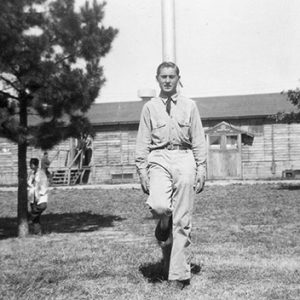 CCC Company 747
CCC Company 747
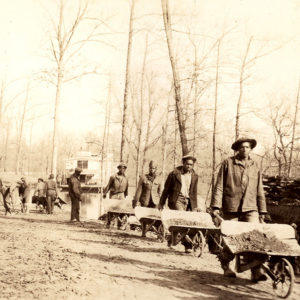 CCC Enrollees
CCC Enrollees
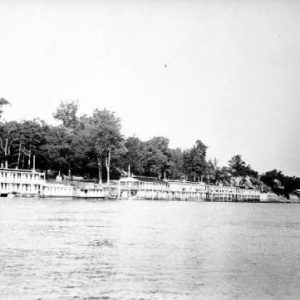 CCC Floating Camp at St. Charles
CCC Floating Camp at St. Charles
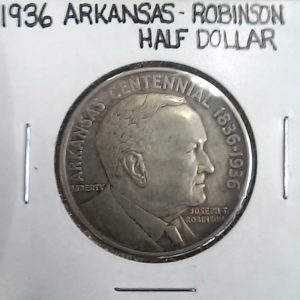 Centennial Robinson Half Dollar
Centennial Robinson Half Dollar
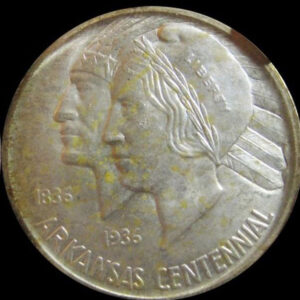 Centennial Half Dollar, First Design
Centennial Half Dollar, First Design
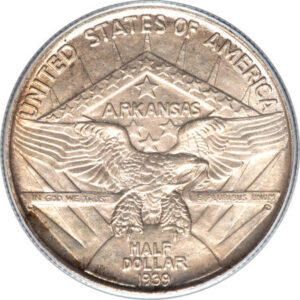 Centennial Half Dollar, Front
Centennial Half Dollar, Front
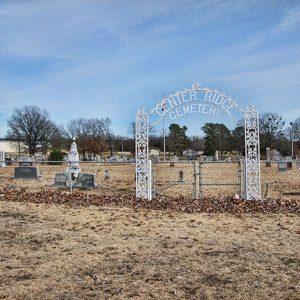 Center Ridge Cemetery
Center Ridge Cemetery
Chaffin, Charlie Francis Cole
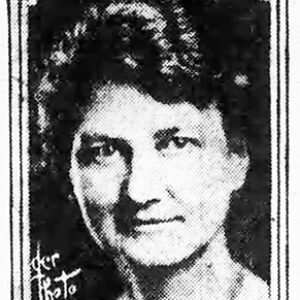 Erle Rutherford Chambers
Erle Rutherford Chambers
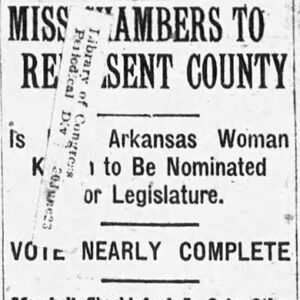 Erle Rutherford Chambers
Erle Rutherford Chambers
Chambers, Erle Rutherford
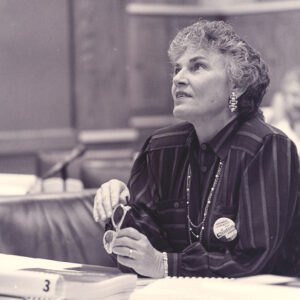 Charlie Chaffin
Charlie Chaffin
Cherokee Boundary Line
aka: Old Cherokee Boundary Line
 Cherry Ribbon
Cherry Ribbon
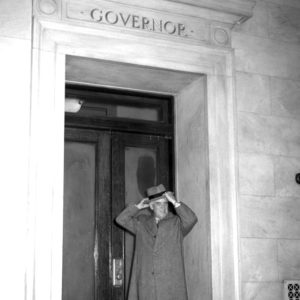 Cherry at Capitol
Cherry at Capitol
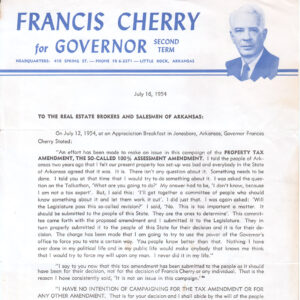 Cherry Campaign Letter
Cherry Campaign Letter




